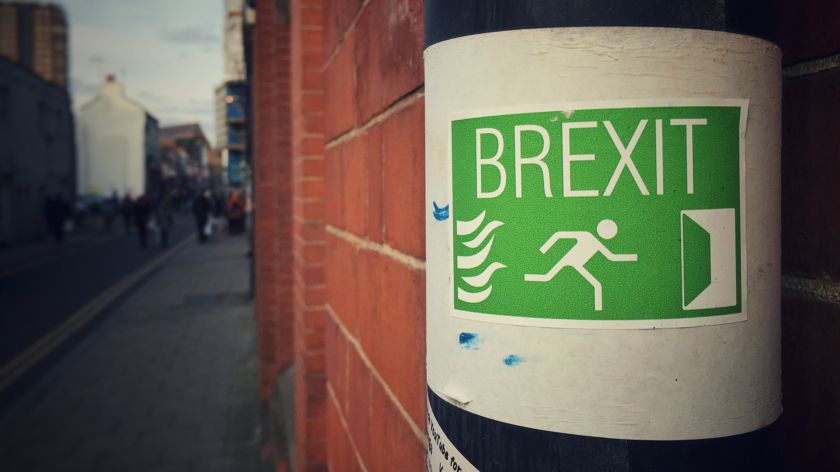What will Brexit do to the exchange programme?
-
 Photo: Paul Lloyd
Photo: Paul Lloyd
If the United Kingdom decides on a Brexit next Thursday, many European programmes and agreements will expire after two years. Among them is the Erasmus+ programme, that finances exchanges with universities abroad. In the future, will it be possible to go to the UK or study here as a British student?
Every EU member has committed to the Erasmus+ programme. This programme, initiated by the European Commission, makes it easier for students to study at a foreign university, helps them getting their grades accepted at their home university and assists with getting a grant during their stay abroad. Right now, it is still very easy for Dutch students to go to the UK and vice versa. But if Britain quits the EU, all European laws and programme’s will expire after two years. The same goes for Erasmus+.
Popular
The United Kingdom is a popular country for Radboud students and teachers to go to. In the past three years, 368 students from Nijmegen and 47 teachers went to the other side of the English Channel for an exchange programme or a period of teaching. Is that possibility going to disappear? ‘There have been speculations about an alternative programme, but nothing is concrete yet’, says Rob van Leeuwen of Radboud University’s international office. ‘There are countries outside the EU that are involved in the Erasmus+ programme, so that possibility exists.’
‘The British will have to keep on contributing financially.’
Political scientist and Europe expert Anna van der Vleuten expects this model to work for the British as well. ‘Everybody agrees that Erasmus+ is a valuable programme, and it is not a politically sensitive point. But it would mean that the British have to keep on contributing financially. All of that has to be stipulated in a contract, including an arrangement for visas. Two years is quite short for that. None of the parties benefits from Britain quitting the Erasmus+ programme in two years, so there will be a solution or transitional arrangements.’
Negotiations
That will not be easy, says Van der Vleuten. ‘A huge amount of other things have to be arranged. Everything that is now regulated on a European level, has to be renegotiated and documented by the British. The new agreements have to be approved by them and the EU-27. Especially with politically sensitive topics like social security for people from EU members or the free movement of migrants from Central or Eastern Europe, this can be tricky.’



